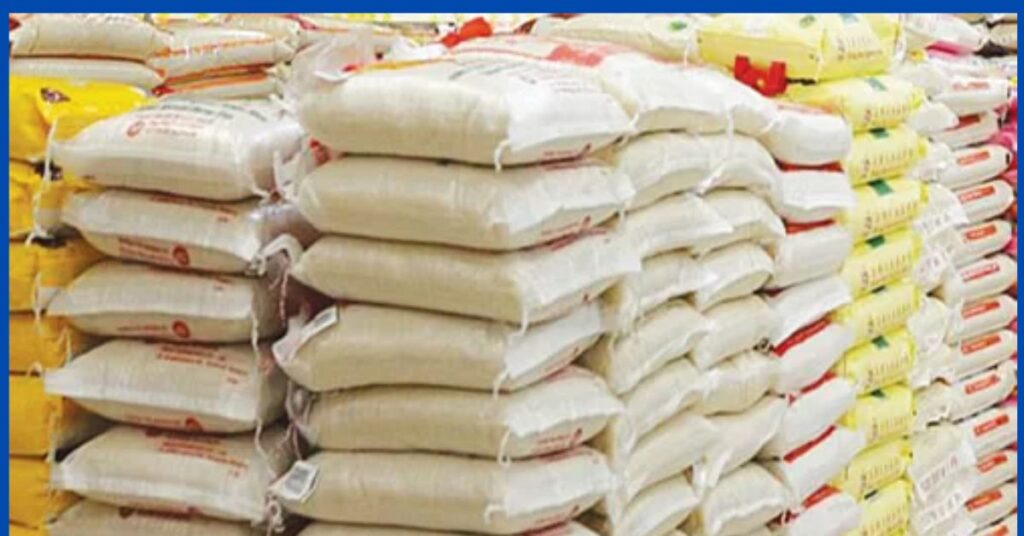Kenyans at Risk as KEBS Flags Toxic Rice from Pakistan
Kenyans were at risk of consuming another harmful product after the Kenya Bureau of Standards (KEBS) flagged a 2-million-kilogram rice shipment.
Documents from KEBS, shared with the media, revealed how the rice, which was found to be unsafe for human consumption, ended up in the Kenyan market. The rice, imported from Pakistan between September and October this year, failed the aflatoxin test, a safety check for harmful toxins.
KEBS stated that the test results showed the rice had more aflatoxin than is safe, making it unsafe for people to eat. According to the report, 83,000 bags of 25kg rice were shipped from the Kilindini port in Mombasa to Nairobi. There, the rice was repacked and sent to various wholesale and retail outlets across the country.
When KEBS discovered the rice was being sold despite failing safety standards, they began a crackdown. However, they only managed to seize 23,000 kg of the contaminated rice. The rice was confiscated by KEBS officers at the Central Business Park in Nairobi’s industrial area.

This is not the first time Kenyans have been exposed to unsafe products. Just three months ago, KEBS flagged 32 million litres of cooking oil that was found in the market without proper approval.
In her testimony before lawmakers on September 23, KEBS Managing Director Esther Ngari explained that the cooking oil had entered the market without the agency’s approval. She stated that out of 73 containers of imported cooking oil, 43 containers were sold to retailers despite not meeting KEBS’s nutritional standards.
“We tested several consignments, and the results showed they failed. These products were rejected, so the Kenya National Trade Corporation (KNTC) should not have sold them,” Ngari told the lawmakers.

PHOTO
KEBS
In Other News: Legal Blow To Ruto As Court Halts His “Obey Or Resign” Orders To 34 CEOs
Kenyans at Risk as KEBS Flags Toxic Rice from Pakistan

